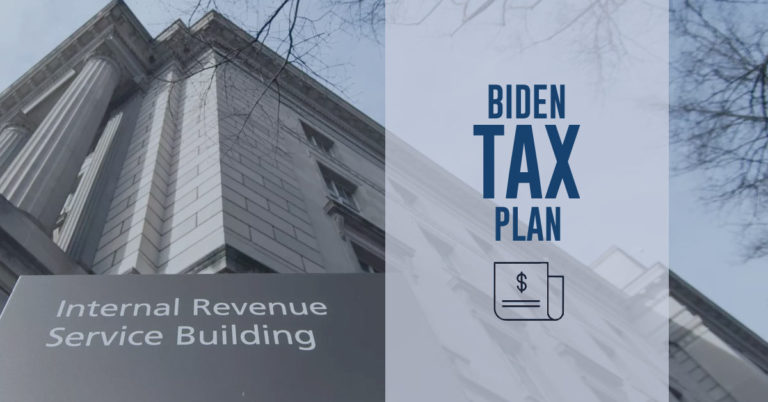As we wrap up 2022, it’s important to take a closer look at your tax and financial plans. This year likely brought challenges and disruptions that impacted your personal and financial situation—several significant natural disasters, new tax laws, and political shifts.
Now is the time to take a closer look at your current tax strategies to make sure they are still meeting your needs and take any last-minute steps that could save you money.
Income-related Tax Updates
Many tax provisions were implemented under the recently enacted Inflation Reduction Act (IRA). The IRA is highly focused on reforms to Medicare and Energy Efficiency Improvements, with many changes taking effect in 2023 and onward.
Higher Standard Deduction
Many taxpayers may won’t want to itemize because of the high basic standard deduction amounts that apply for 2022:
- $25,900 for joint filers
- $12,950 for singles and for marrieds filing separately
- $19,400 for heads of household
Also, many itemized deductions have been reduced or abolished, including the $10,000 limit on state and local taxes; miscellaneous itemized deductions; and non-disaster related personal casualty losses.
If You Choose to Itemize…
You can still itemize your expenses, but deductions won’t save taxes unless they total more than your standard deduction.
- Medical expenses that exceed 7.5% of your Adjusted Gross Income (AGI)
- State and local taxes up to $10,000
- Charitable contributions
- Mortgage interest deductions on a restricted amount of debt
Bunching Charitable Donations
Some taxpayers may be able to work around these deduction restrictions by applying a bunching strategy to pull or push discretionary medical expenses and charitable contributions into the year where they will do some tax good.
For example, a taxpayer who will be able to itemize deductions this year but not next year will benefit by making two years’ worth of charitable contributions this year.
Qualified Charitable Donations
If you are age 70½ or older by the end of 2022—especially if you are unable to itemize your deductions—consider making 2022 charitable donations via qualified charitable distributions from your traditional IRAs.
These amount of these distributions, when made directly to charities from your IRAs, isn’t included in your gross income nor deductible on Schedule A, Form 1040. Yet, you are still entitled to claim the entire standard deduction.
Note: The qualified charitable distribution amount is reduced by any deductible contributions to an IRA made for any year in which you were age 70½ or older, unless it reduced a previous qualified charitable distribution exclusion.
Postpone or Accelerate Taxable Income
Postpone income until 2023 and accelerate deductions into 2022 if doing so will enable you to claim larger deductions, credits, and other tax breaks for 2022 that are phased out over varying levels of AGI.
These include:
- Deductible IRA contributions
- Child tax credits
- Higher education tax credits
- Deductions for student loan interest
Postponing income also is desirable for taxpayers who anticipate being in a lower tax bracket next year due to changed financial circumstances.
Note, however, that in some cases, it may actually pay to accelerate income into 2022.
For example, accelerating income may make sense for a person who will have a more favorable filing status this year than next (e.g., head of household versus individual filing status), or who expects to be in a higher tax bracket next year.
High-income taxpayers who may be subject to higher rates next year under proposed legislation may want to accelerate income in 2022.
We’re here to help you take a fresh look at the health of your tax and financial well-being. Please contact us to discuss your situation so we can develop a customized plan.
In our next year-end tax planning article, we’ll take a look at more tax issues to consider as 2022 comes to close.
More Information
If you have questions, contact us to discuss your situation.
To check out our other articles on business topics, click here.

Patty Ward
Patty has more than 30 years experience in public accounting. She reviews tax returns for high net worth clients, focusing on individual tax work. Her mission is to provide high level service to her clients, reducing their tax burdens, keeping them informed and instilling confidence.
About Smith Patrick CPAs
Smith Patrick CPAs is a boutique, St. Louis-based, CPA firm dedicated to providing personal guidance on taxes, investment advice and financial service to forward-thinking businesses and financially active individuals. For over 30 years, our firm has focused on providing excellent service to business owners and high-net worth families across the country. Investment Advisory Services are offered through Wealth Management, LLC, a Registered Investment Advisor.




